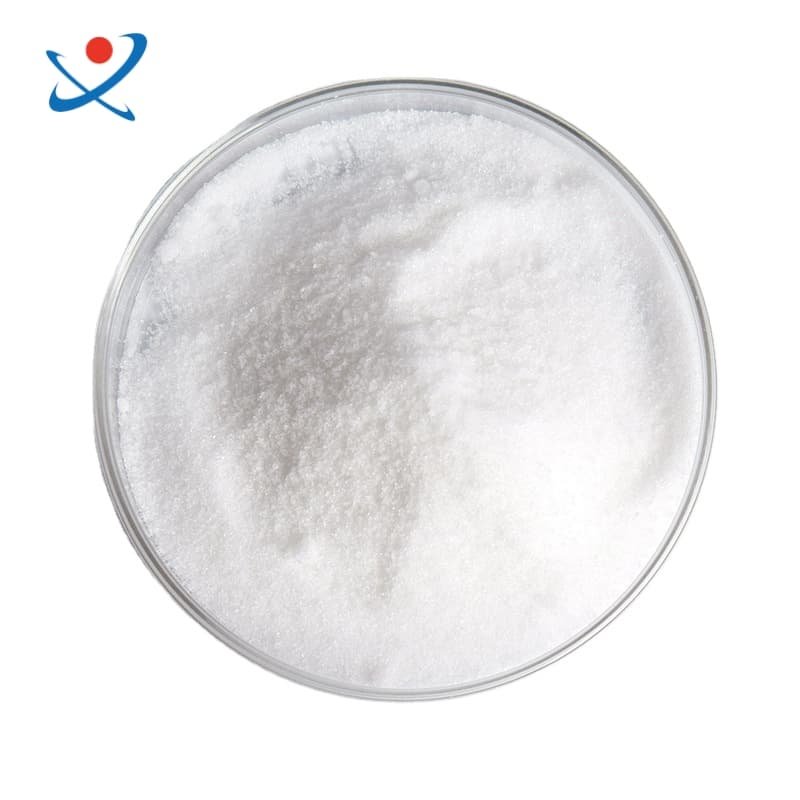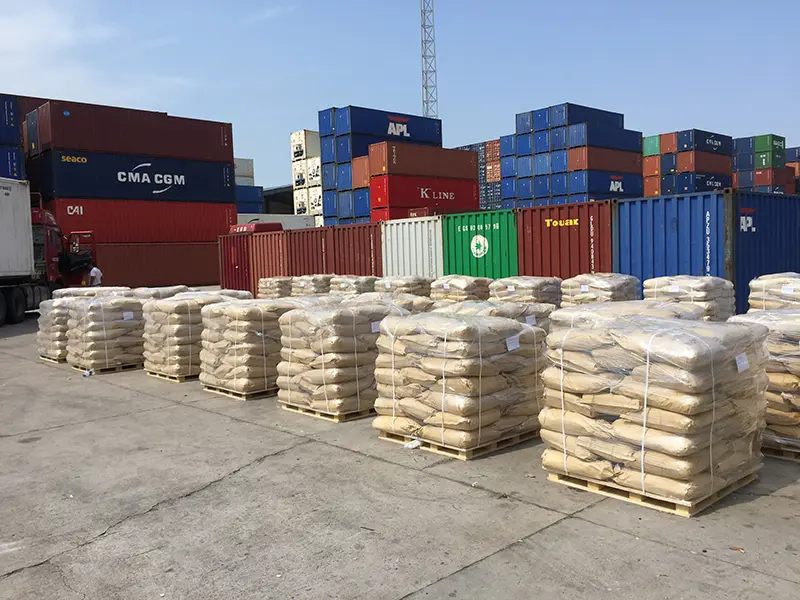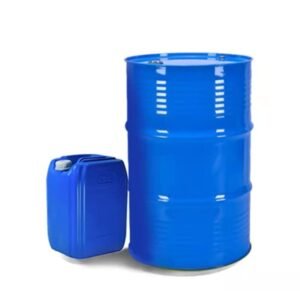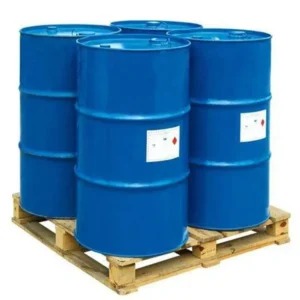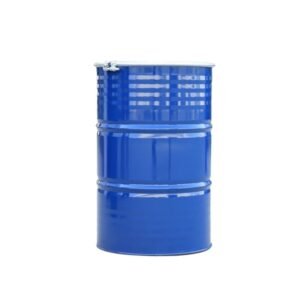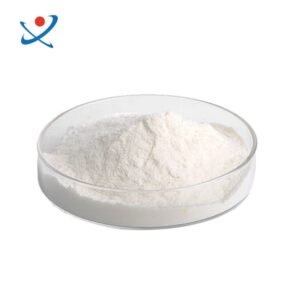| Advantages * PhD research and development team * Frontline production,optimal price * 24/7 online customer service * Professional after-sales engineer online service |
| Classification | ETHER | CAS No. | 126-30-7 |
| Other Names | 3-Propanediol/NPG | MF | C5H12O2 |
| EINECS No. | 204-781-0 | Place of Origin | Shandong, China |
| Grade Standard | Industrial Grade | Purity | 99% |
| Appearance | White Flaky Crystal | Application | Manufacture of resins, plasticizers,surfactants |
| Brand Name | XuChen | Model Number | 99% |
| Port of loading | Qingdao,Tianjin,Shanghai | Packing | 25KG Bag |
| Certificate | ISO COA MSDS | HS Code | 2905399099 |
| Molecular Weight | 104.15 | Melting Point | 124-130℃ |
| Hazard Symbol | R36 | Density | 1.06g/ml |
| Storage | Store below +30°C. | Quantity | 14MTS/20`FCL |
Neopentyl glycol, with the CAS number 126-30-7, is an organic compound known chemically as 2,2-dimethylpropane-1,3-diol. Its molecular formula is C5H12O2, and it has a molecular weight of approximately 104.15 g/mol.
Properties:
Physical State: Neopentyl glycol is typically found as a solid at room temperature.
Melting Point: It has a melting point of about 129.13 °C (264.43 °F).
Boiling Point: The boiling point is around 208 °C (406 °F).
Solubility: It is soluble in water and various organic solvents, including ethanol and diethyl ether.
Applications:
Neopentyl glycol is widely used in various industrial applications, including:
Polyester Production: It is a key ingredient in the synthesis of polyesters, enhancing their stability against heat, light, and moisture.
Lubricants and Plasticizers: It is utilized in the formulation of synthetic lubricants and plasticizers, contributing to improved performance characteristics.
Coatings: The compound is also employed in the production of coatings, adhesives, and sealants due to its favorable chemical properties.
Safety and Handling:
Neopentyl glycol is generally considered stable under normal conditions but should be handled with care. It is classified as “not readily biodegradable,” which raises environmental considerations during disposal.
In summary, neopentyl glycol is a versatile chemical compound with significant industrial applications, particularly in the manufacture of polyesters and lubricants, while also requiring careful handling due to its environmental impact.

